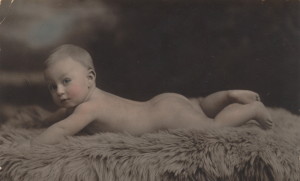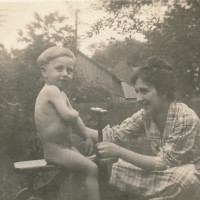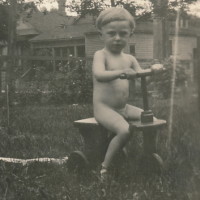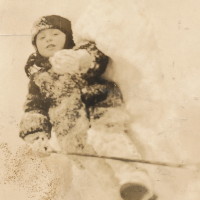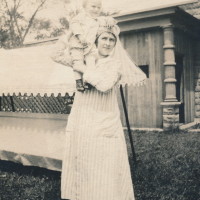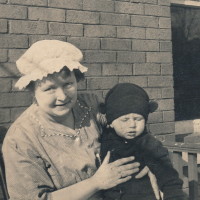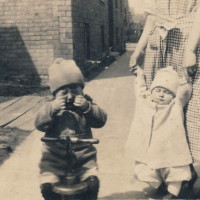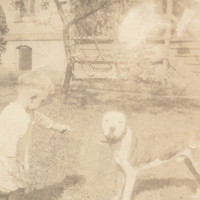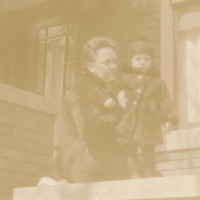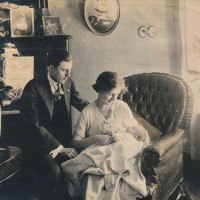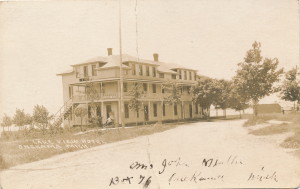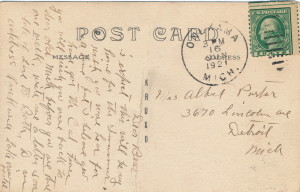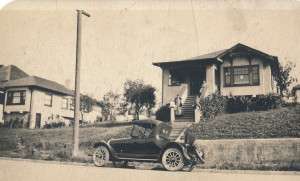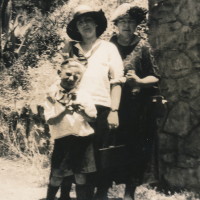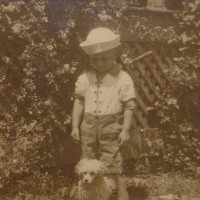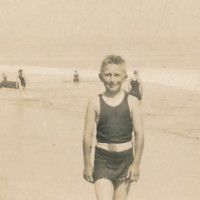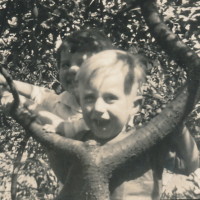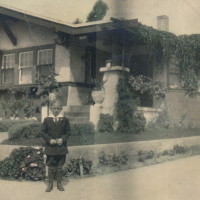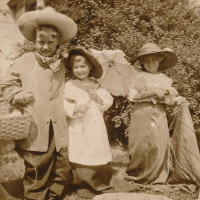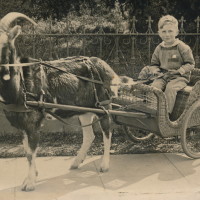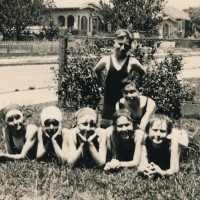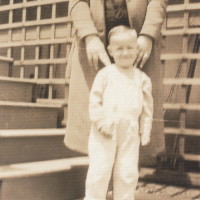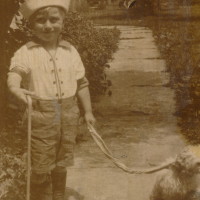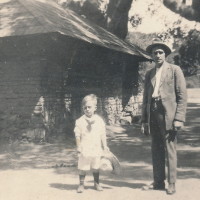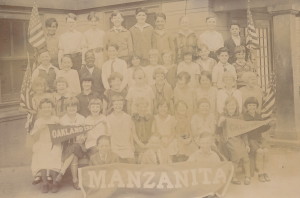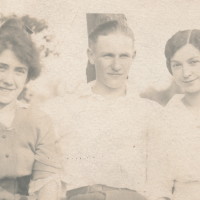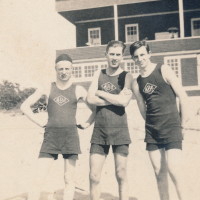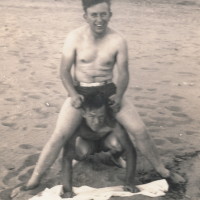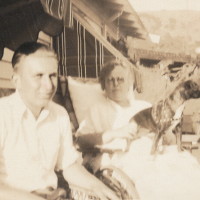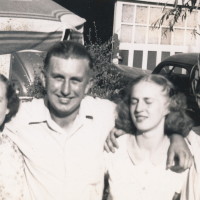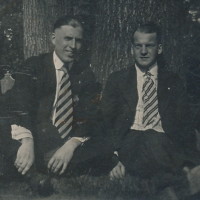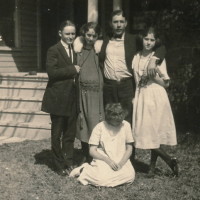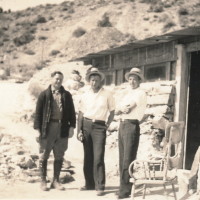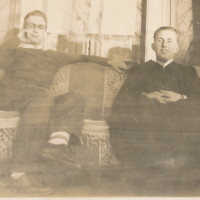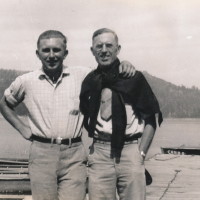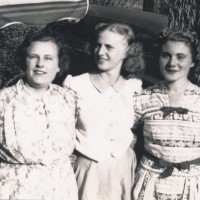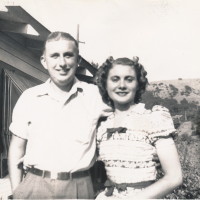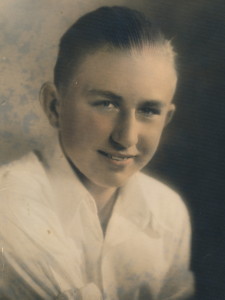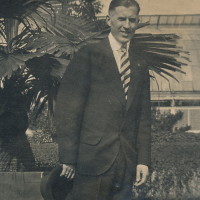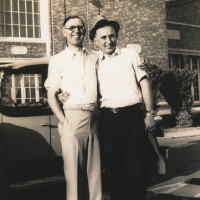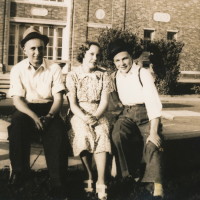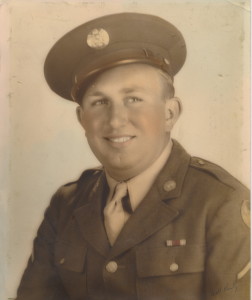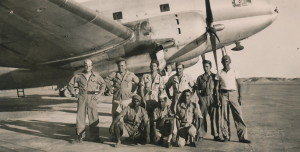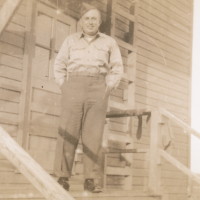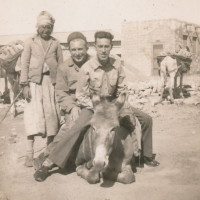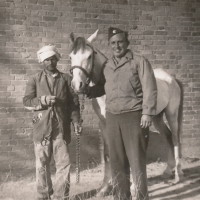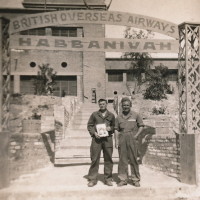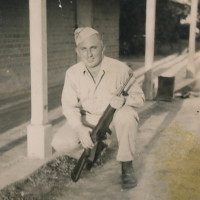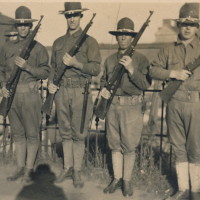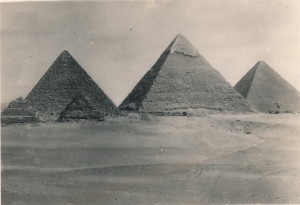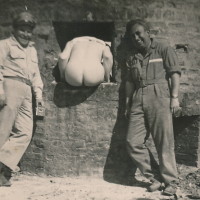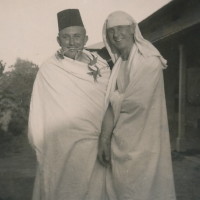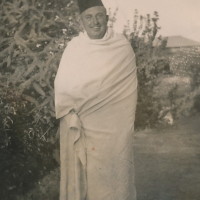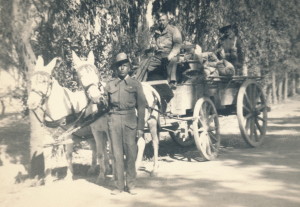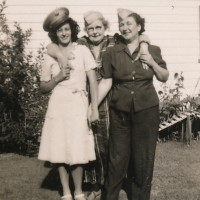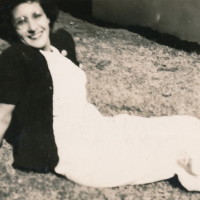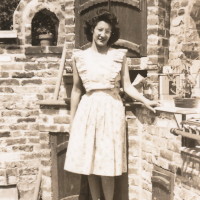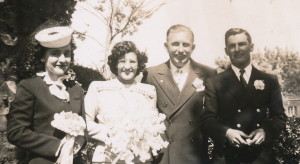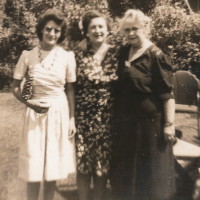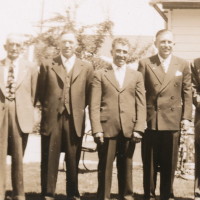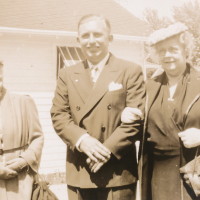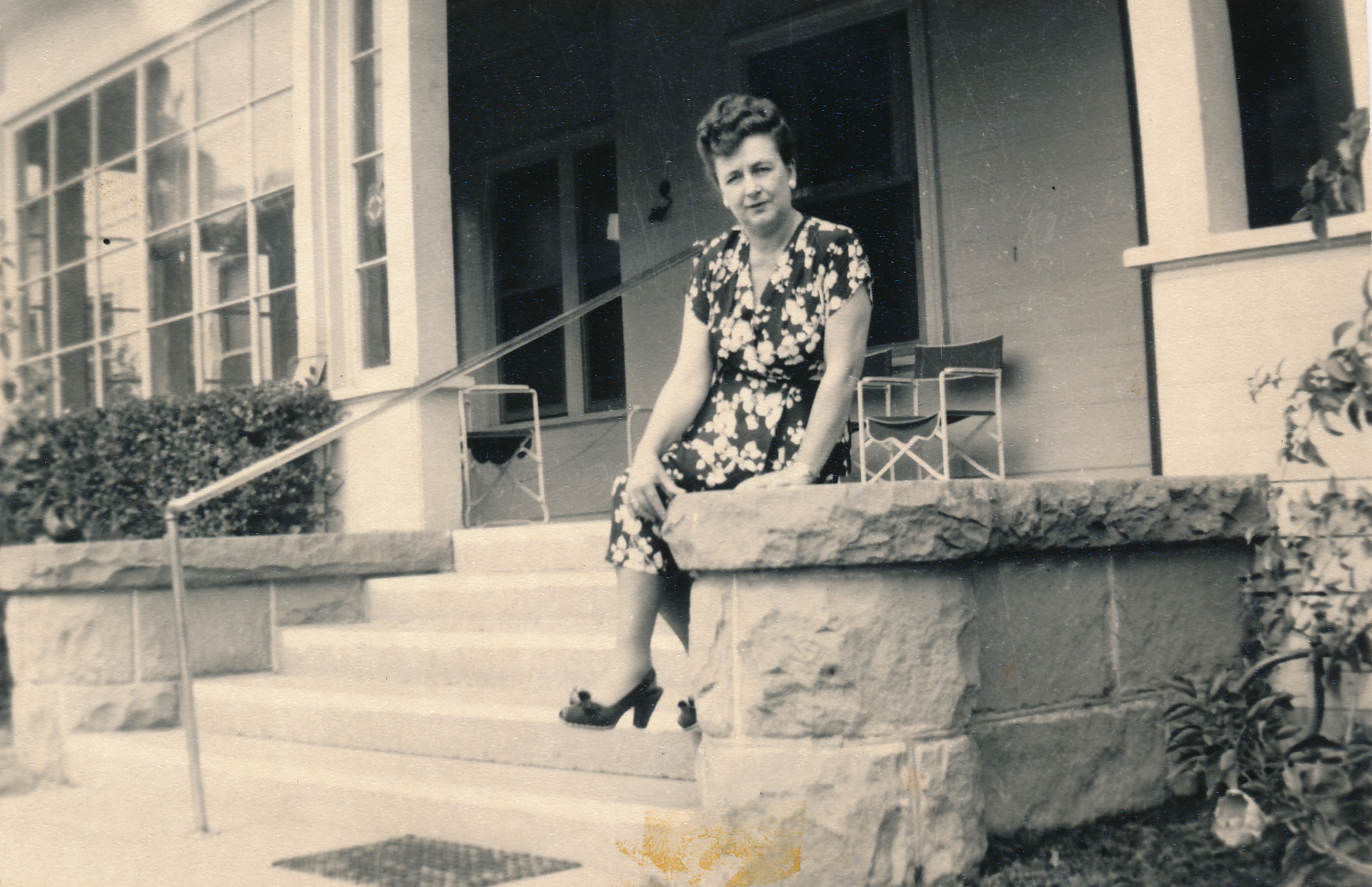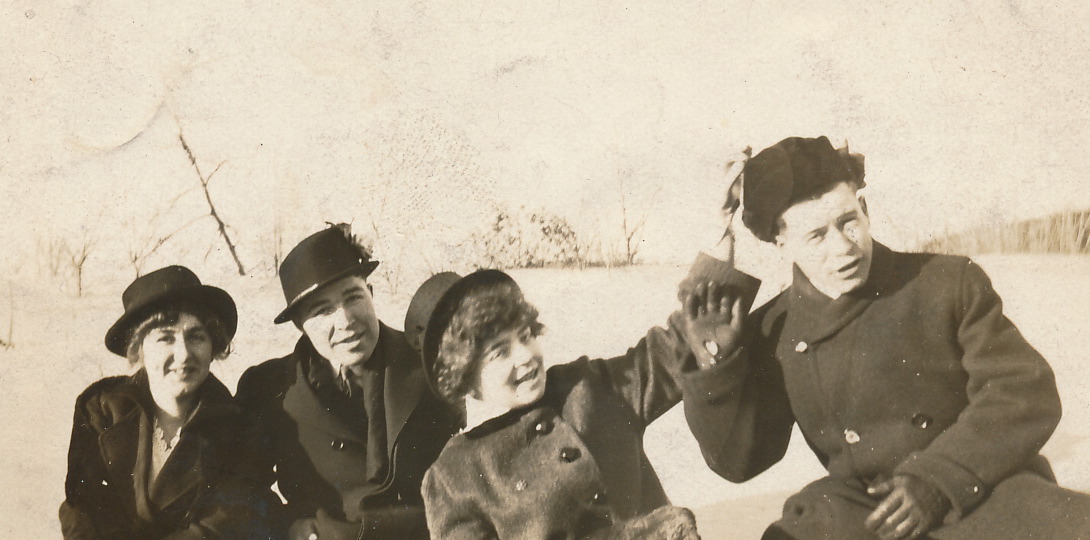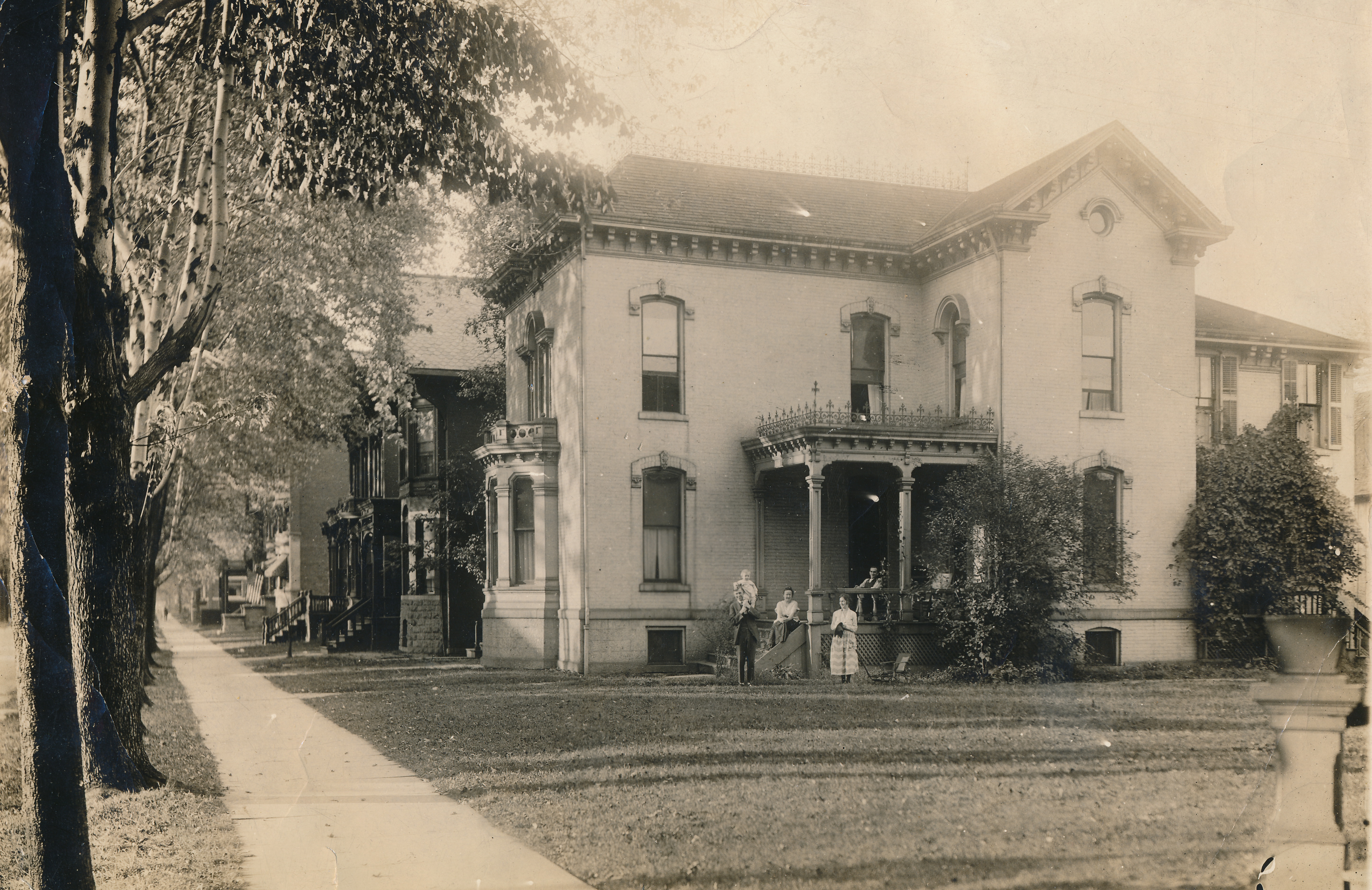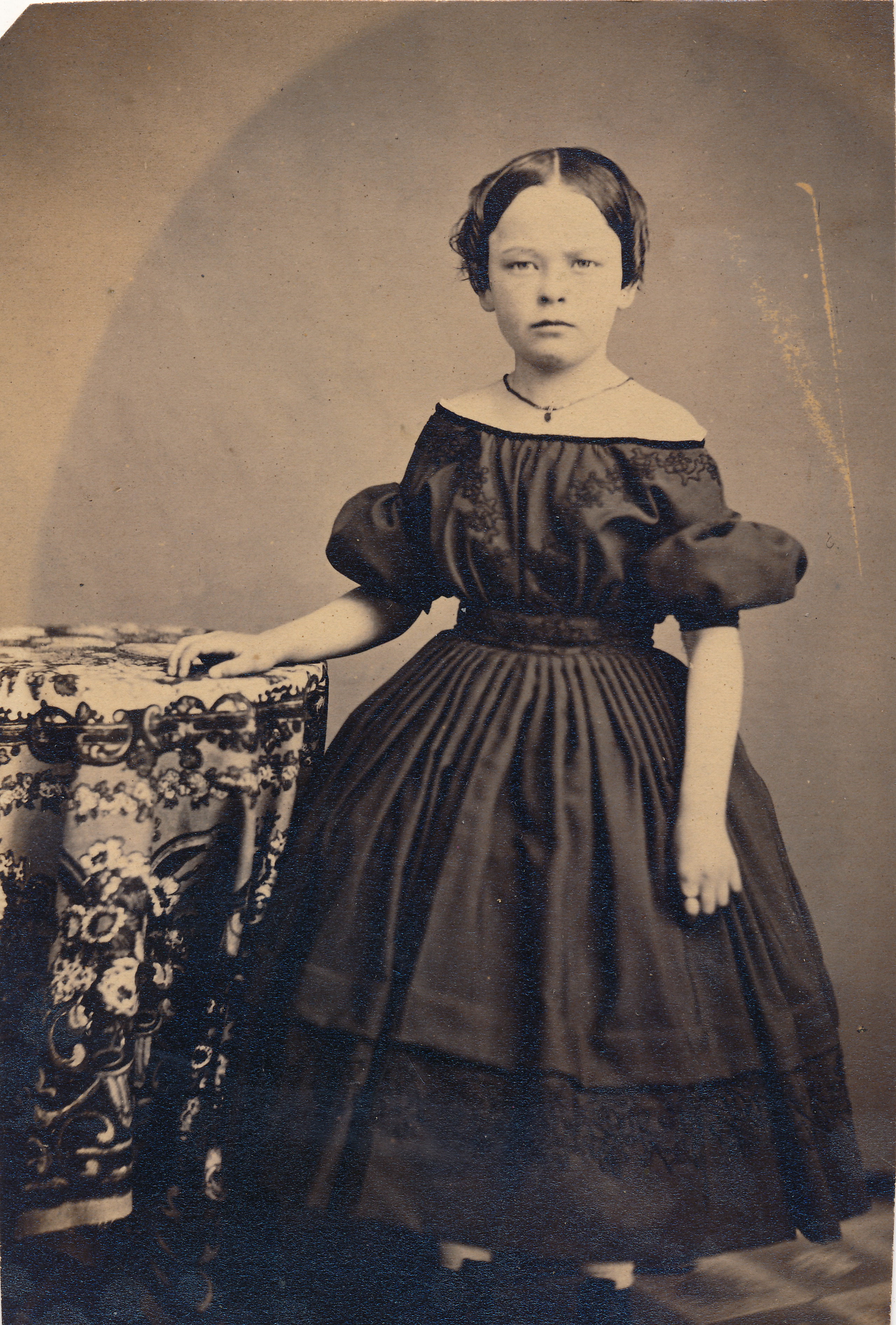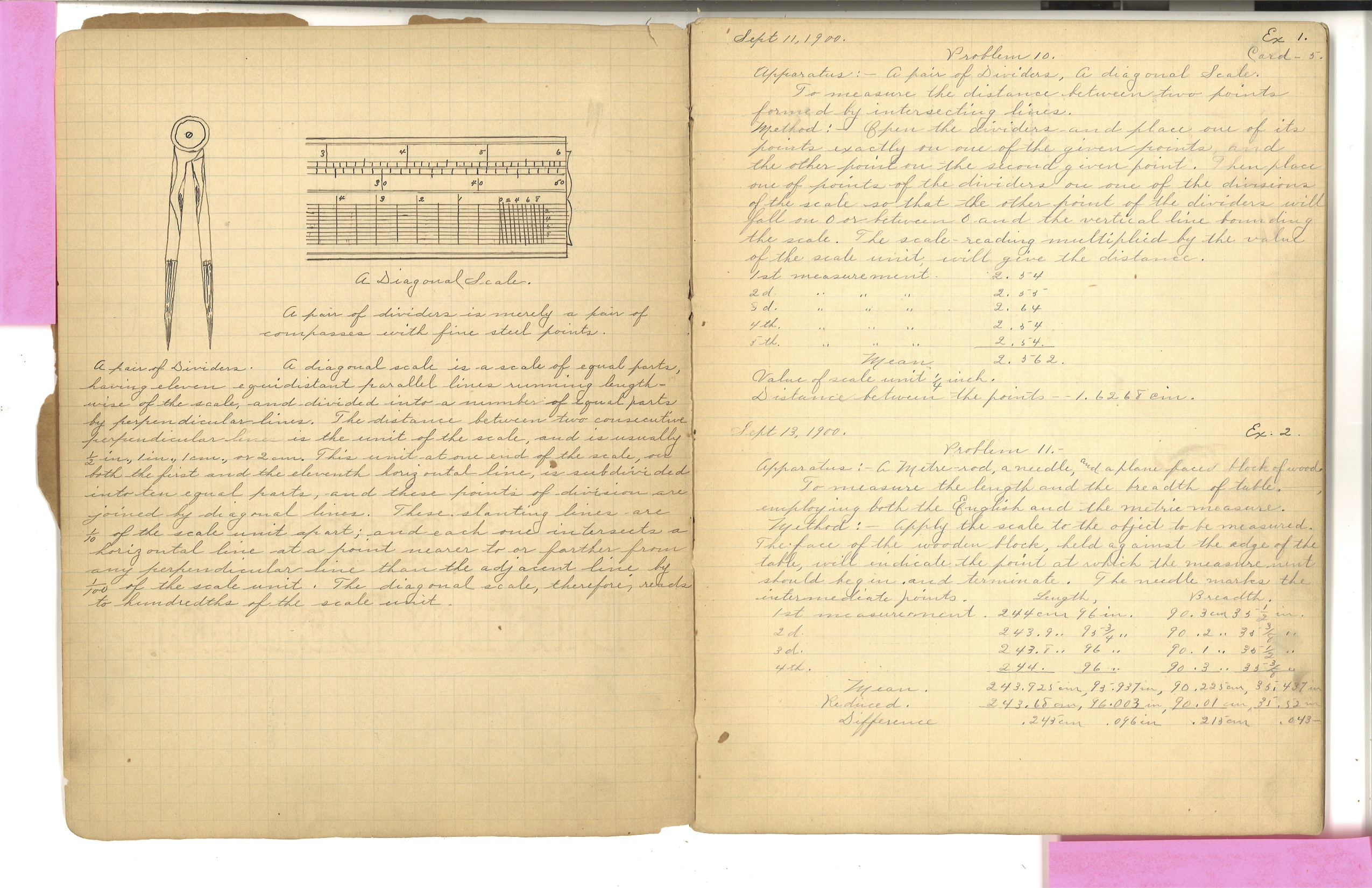In an address Stacy C. Thompson gave to the Filer P.T.A. on February 25, 1932, he goes into considerable detail concerning the history of the Chippewa Tribe of Manistee, Michigan:
“A government reservation was set aside for them, embodying a strip of land six miles in width and extending 22 miles east and west, including the valley of the Manistee River and the river outlet into Lake Michigan. This reservation was taken up by the government in 1849 and the land brought into market. The tribal relations of the Manistee Indians were then broken up, some migrating to the Leland reservation north of us, some scattered elsewhere, and some remaining in the vicinity of the outlet of Bear Creek into the Big Manistee River, where numbers of their decedents still live. While there is no census showing the early population of the Chippewas, it was estimated that those on the reservation numbered about 1,000 in all.”
Stacy continues:
“When your speaker came here 62 years ago, an old Manistee Indian Chief, blind and said to be nearly 100 years old, was frequently led along the streets with a string by a young brave. His Indian name — as near as it could be put into English — was ‘Ke-wax-i-cum.’ He said that when he was a boy he hoed corn on the marsh between what is now Parkdale and Eastlake. He was the last chief of the local tribe, and stated that his father lived here before him. During the early 1870’s numerous Indians camped on the north side of the Manistee River where the Century Boat Co’s plant now stands, and the squaws did the limited washing by pounding the clothes in the water with a stick — quite a different process from the present electric washer.”
Stacy and four brothers travelled with their father, Stacy Webb Thompson, to Michigan shortly after the Civil War. Here is a photograph of Stacy and two of his brothers taken near their home in Curwinsville, Pennsylvania. Stacy is in the center. His brother John is to the left and his brother Edwin is to the right.
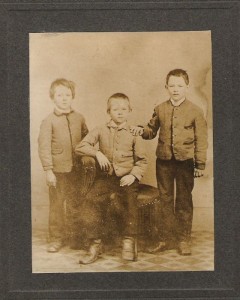
In 1926, Stacy’s brother, John Alexander Thompson and his family returned to Manistee where he was once its Postmaster. John had left Manistee many years earlier with his wife Ella Long Thompson, first traveling to Colorado and later establishing a stock brokerage firm at the distinguished address 55 Wall Street, New York, New York. Ella Thompson died in 1924.
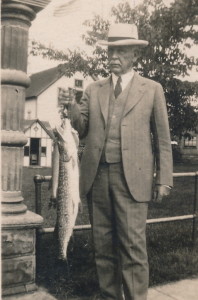
It must have been quite a reunion in the summer of 1926. One of the activities that Stacy offered his brother’s family was to visit the remains of the Chippewa Tribe “in the vicinity of the outlet of Bear Creek into the Big Manistee river.”
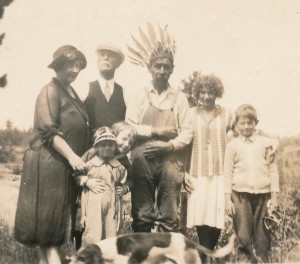
Here we see the John Thompson Family – John, daughter Faith Sayles and granddaughter Hope – along with three of Stacy’s children – Stacy W., Gail and Ida May – standing with a tribal elder of the Chippewa Tribe.
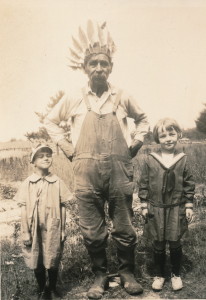
The back of this photo says: “Gail Blanche Thompson, an old Indian and Hope Thompson Sayles. July, 1926”
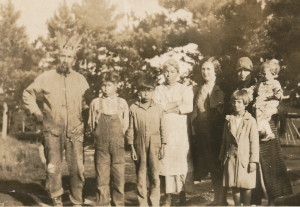
This photo has no inscription on the back, however to the left is the Indian Family and to the right is Ruth Porter Anderson, Marian Thompson with two of her children.
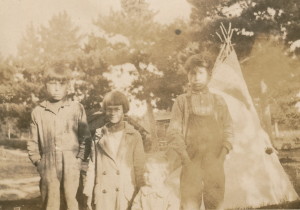
This photo also has no inscription, but clearly shows two children from the Indian Tribe and two children from the Thompson Tribe.
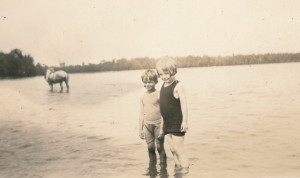
On the back of his photo is the inscription: “Hope Thompson Sayles and Gail Blanche Thompson at Green Lake.” I presume Green lake is in the vicinity of the Old Indian Camp.
The Thompson’s must have visited the Old Indian Camp many times, As a boy I remember traveling to see the Tribe. I have no photographs, but some memories. In 1928 some of the Thompson’s returned to the Old Indian Camp.
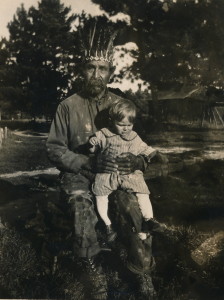
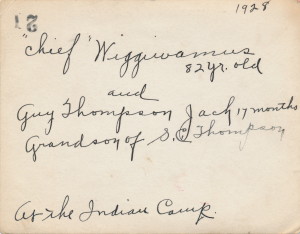
Another visit, another generation. This time Guy Thompson Jach, grandson of Stacy C. Thompson visits “Chief Wiggiwamus”, then 82 years old.
Enjoy!
